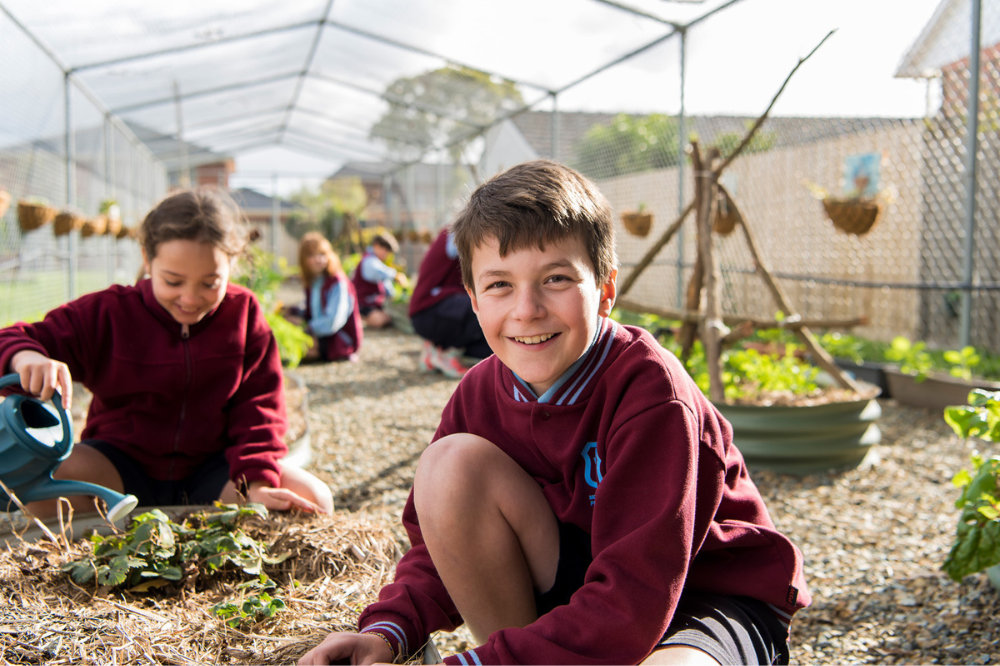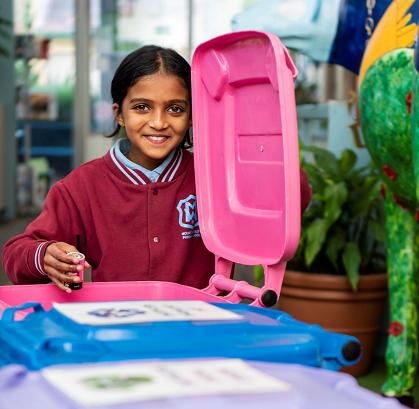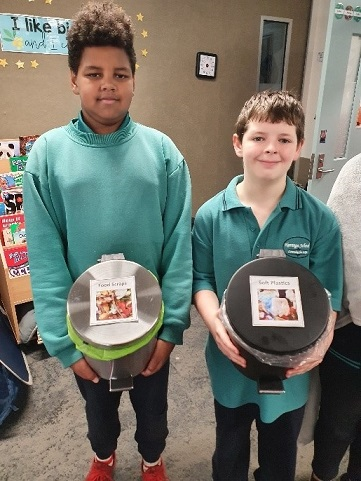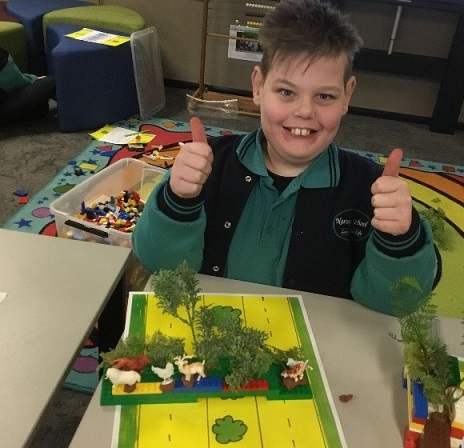
As populations grow and resources become scarcer, educating children about sustainability is critical – and energy conservation is no exception.
Interestingly, studies have shown that students who feel that their school cares about the environment and embraced sustainability are also more likely to exhibit higher levels of wellbeing.
In Victoria, the ResourceSmart Schools Awards program – run by Sustainability Victoria – is supporting principals across the state to embed sustainability across their campus, community and curriculum, while saving resources and money for the school. The awards, now in their 14th year, are the largest celebration of sustainability in schools in Australia.
Over the past 15 years, the ResourceSmart Schools program has helped over 1,400 schools save over $41m and reduce over 118,000 tonnes of greenhouse gases through energy, water, and waste efficiencies.
Every primary and secondary school registered in the ResourceSmart Schools program is eligible to enter the awards and win prizes at the prestigious ceremony held at the MCG on June 1st. If a school is not yet part of the program, it's not too late to register.
The awards categories include: Campus Infrastructure and Operations, Emerging School of the Year, Teacher of the Year, Student Action Team of the Year, Community Leadership School of the Year, Curriculum Leadership School of the Year, School Volunteer of the Year, and ResourceSmart School of the Year.

Michelle Athiniotis is the Sustainability Teacher at Naranga School, which has been a Resource Smart school since 2012.
“In 2012, we took the first steps to becoming a ResourceSmart School by forming a committee of likeminded and dedicated staff, who were passionate about doing something for the environment,” Athiniotis told The Educator.

From there, the school created its mission statement: ‘At Naranga School we reduce our school community's environmental impact by making positive choices. We focus on energy and water use, waste and improving our gardens. Naranga School promotes/supports healthy people and a healthy planet.’
“As a committee, we worked through our ResourceSmart Schools Core module with support from CERES [an environmental education centre, community garden, urban farm and social enterprise hub] and our school community,” Athiniotis said.
“As a starting point, we focused on Energy. Committee members met with senior students and a CERES consultant for an Energy workshop to conduct an audit of electrical appliances across the school.”
Athiniotis said recommendations were made to the Leadership team at the time which prompted a replacement of outdated lighting in the main building to more energy efficient lighting.
“Now sustainability is a whole school focus and it’s everyone’s responsibility. Students make connections with daily sustainability actions they observe, talk about and do at home and school.”
Athiniotis said sustainability education is embedded across all relevant learning areas in her classes, under the motto: Learning for Life.
“Students learn familiar sustainability language, view visuals, listen to student announcements to turn off devices and lights and bring ‘Nude Food’ lunches to school,” she said.
“They are involved in hands on activities that cover: Biodiversity, Waste, Water and Energy.”
Athiniotis said students participate alongside other schools in sustainability events such as Clean up days, Planet Ark recycling and Gardening competitions.
“Simple daily sustainability practises to reduce, recycle and re-use materials helps students understand that they can take responsibility for their actions and make a difference to their local environment while developing lifelong practises which help to improve our planet.”

Schools can receive support in crafting their entry at the "How to Write an Awards Entry" webinar on February 15th. Alternatively, if entries are submitted by March 1st, schools can request a 15-minute meeting with an Education Team member for feedback.


